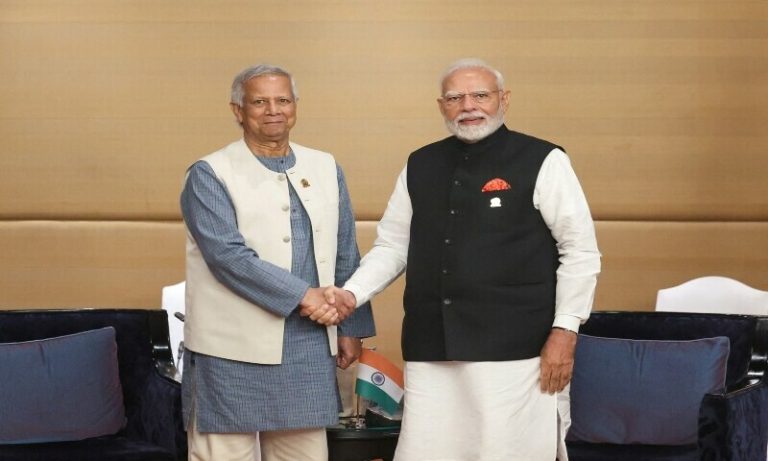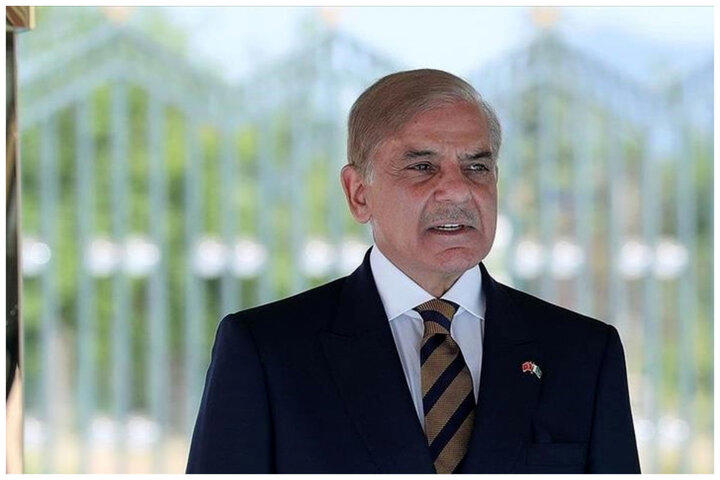Pakistan’s Supreme Court Reinstates Military Trials for Civilians: Implications for Human Rights

In a significant legal reversal, Pakistan's Supreme Court has reinstated the military's authority to try civilians, overturning its own 2023 decision that had deemed such trials unconstitutional. This move has sparked widespread concern among human rights advocates and legal experts, who view it as a regression in the country's commitment to civil liberties and judicial independence. The decision revives a controversial law from the era of former military ruler Ayub Khan, raising questions about the future of civilian justice in Pakistan.








